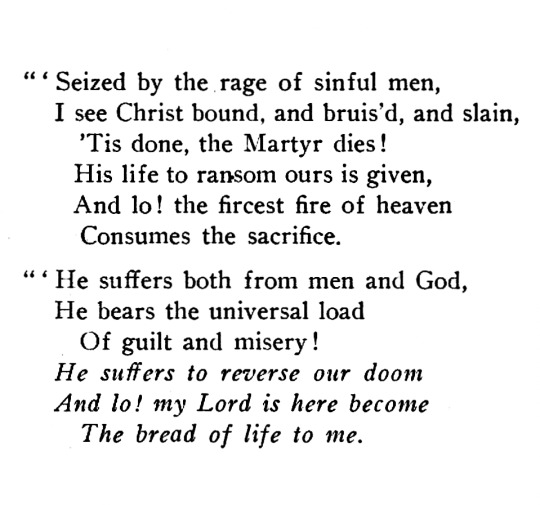#john fletcher
Text





Beastie Boys, Run DMC, and Whodini, NYC 1987, © Lynn Goldsmith [x/x/x/x]
#beastie boys#run dmc#whodini#1980s#80s#1987#lynn goldsmith#pics#soupy's#ad rock#mike d#mca#joseph simmons#darryl mcdaniels#jam master jay#jalil hutchins#john fletcher#grandmaster dee#nyc#new york#hip hop#rap#im going through it rn
73 notes
·
View notes
Photo
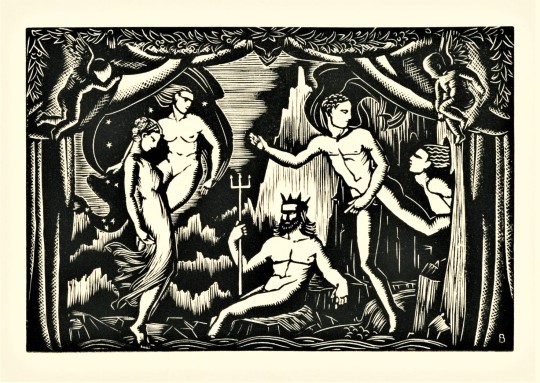
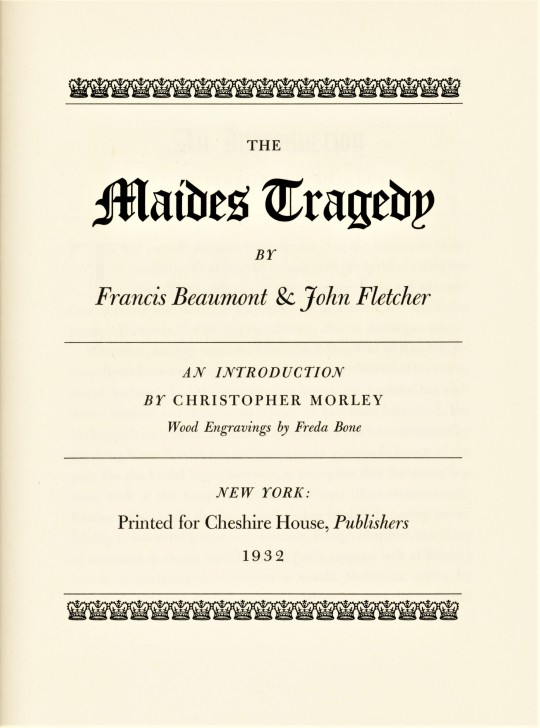
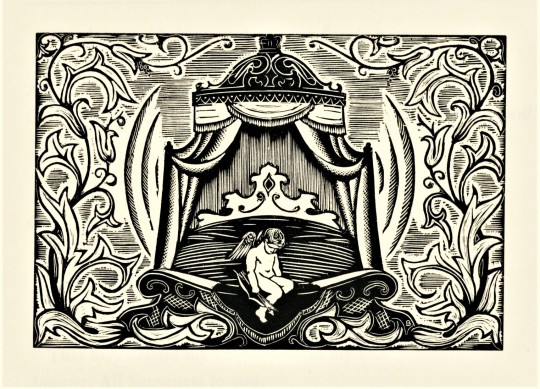
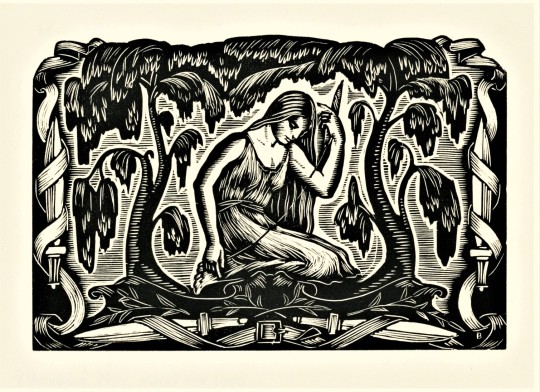
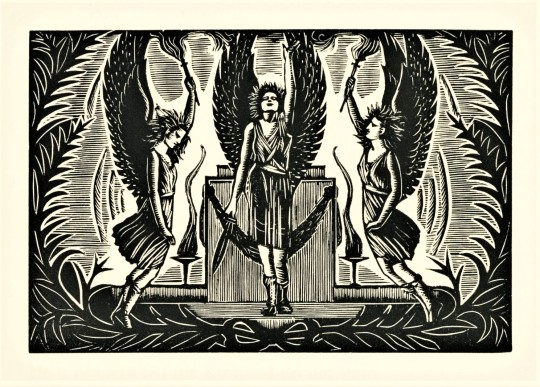
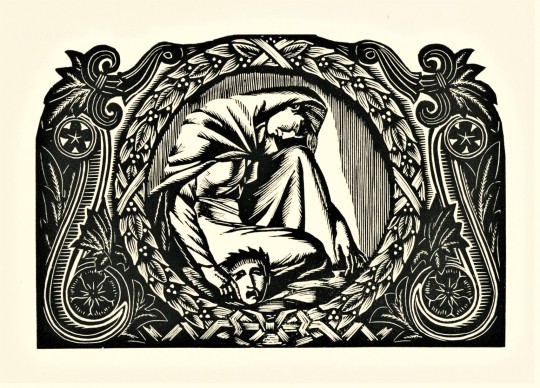
Wood Engraving Wednesday
FREDA BONE
This week we present wood engravings by Irish painter, illustrator, and wood engraver Freda Bone (1905-1991) from a 1932 edition of early 17th-century playwrights Francis Beaumont and John Fletcher’s play The Maides Tragedy, printed in an edition of 1200 copies by Richard W. Ellis for Cheshire House in New York. Unfortunately, we can find very little about Freda Bone’s life and career, even though she was a much sought after woodcut and wood-engraving illustrator. Still, we are delighted by the energy and symmetry of her compositions. If anyone has more information on Bone, we would appreciate if you would contact us.
View more posts with work by women wood engravers.
View more Women’s History Month posts.
View more posts with wood engravings!
#Wood Engraving Wednesday#wood engravings#wood engravers#women wood engravers#Freda Bone#Francis Beaumont#John Fletcher#Beaumont and Fletcher#The Maides Tragedy#The Maid's Tragedy#Richard W. Ellis#Cheshire House#fine press books#women's history month
82 notes
·
View notes
Text
Whodini..
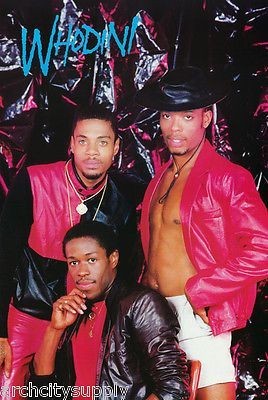
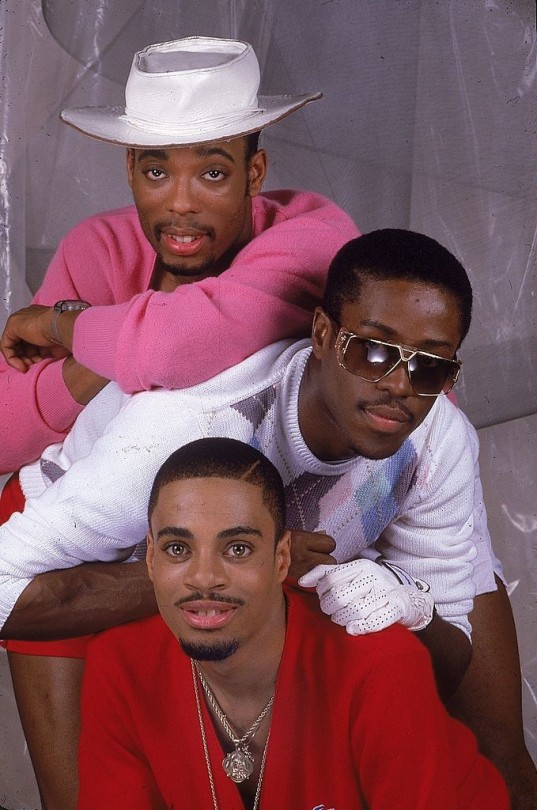
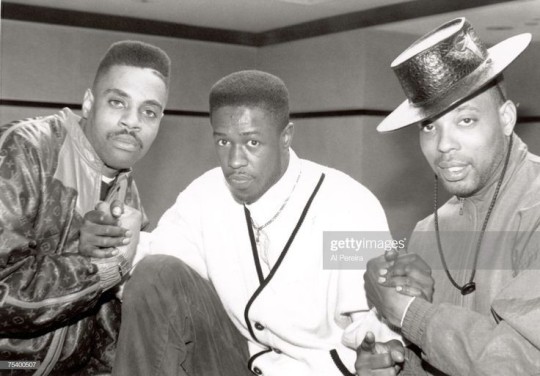
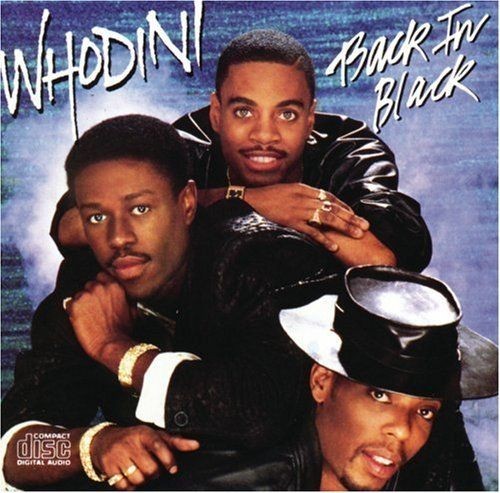
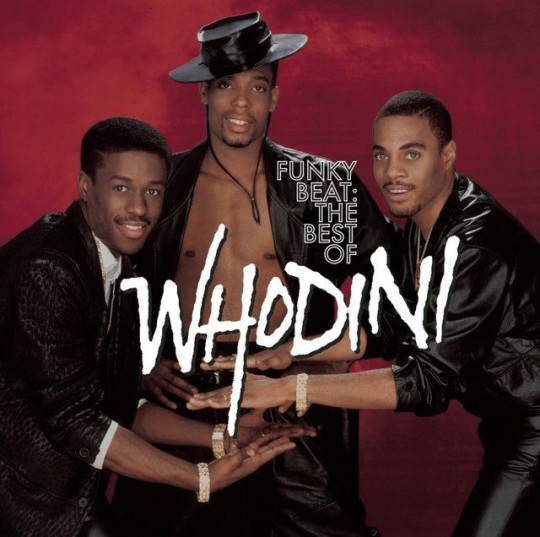

#whodini#rap group#80s songs#80s rap#80s nostalgia#80s#john fletcher#ecstasy#dj drew carter#grandmaster dee#hip hop group#hip hiop#80s album#Jalil Hutchins#yo mtv raps#black music#black culture#black archives#black musicians#black community#sexy black men
40 notes
·
View notes
Text
While I'm on the topic of the Bard, I still need to track down a copy of John Fletcher's The Woman's Prize, or the Tamer Tamed, because the mere idea of a gender-reversed Taming of the Shrew setup is one of the hottest concepts I can imagine
(Now that I think about it, I'm wondering if anyone's done a lesbian Taming of the Shrew, which would be even more up my alley)
2 notes
·
View notes
Text
Poem of the Day 10 April 2024
John Fletcher. 1579-1625
Love's Emblems
NOW the lusty spring is seen;
Golden yellow, gaudy blue,
Daintily invite the view:
Everywhere on every green
Roses blushing as they blow,
And enticing men to pull,
Lilies whiter than the snow,
Woodbines of sweet honey full:
All love's emblems, and all cry,
'Ladies, if not pluck'd, we die.'
Yet the lusty spring hath stay'd;
Blushing red and purest white
Daintily to love invite
Every woman, every maid:
Cherries kissing as they grow,
And inviting men to taste,
Apples even ripe below,
Winding gently to the waist:
All love's emblems, and all cry,
'Ladies, if not pluck'd, we die.'
2 notes
·
View notes
Text


James Wilby (as Sir John Fletcher) in Less Than Kind by Terence Rattigan, in 2012.
#James Wilby#Less Than Kind#Theater Stuff#Terence Rattigan#John Fletcher#2012#Hi I'm on a roll with posts#Clearing out my 12 drafts
25 notes
·
View notes
Link
My research thus reveals that Shakespeare borrowed from Elizabethan contemporaries such as Marlowe, Kyd, and Peele to a remarkable degree. However, having delved deeper into Shakespeare’s career, there is little evidence, on a verbal level at least, of Shakespeare attending closely to the plays of Jacobean contemporary playwrights. We can interpret these results in varying ways: perhaps Shakespeare did not have easy access to plays performed by rival and children’s playing companies. As an actor Shakespeare would of course be working when plays were usually performed, meaning that he was more likely to be influenced by his own company’s repertory than by others. However, it seems likely to me that Shakespeare, with his keen commercial eye, would attend the plays of other companies when he had afternoons off...
Having investigated Shakespeare’s dramatic relationship with Thomas Middleton and Fletcher in order to increase our understanding of the working methods shared between these playwrights, I plan to conclude my study by looking at the ways in which the compilers of the First Folio helped to create the image of Shakespeare as a solitary genius. It seems to me that Shakespeare’s dramatic identity was shaped in large part by the people with whom he collaborated most.
#shakespeare#william shakespeare#darren freebury-jones#bsa#thomas kyd#thomas middleton#john fletcher#theater#theatre#robert greene#christopher marlowe#playwrighting
15 notes
·
View notes
Quote
Death hath so many doors to let out life.
The Custom of the Country by John Fletcher and Philip Massinger
7 notes
·
View notes
Text

Hence, All Ye Vain Delights by Francis Beaumont and John Fletcher, from The Family Library of Poetry and Song edited by William Cullen Bryant, 1886
#quote#typography#literature#beaumont and fletcher#francis beaumont#john fletcher#aesthetic#dark academia#william cullen bryant#the family library of poetry and song#dark things#1600s#17th century#english literature#english poetry
5 notes
·
View notes
Text


From Beth's Insta reels, first day on the picket line!
2 notes
·
View notes
Text
Shakespeariana - XIV
Take those lips away
Take, O take those lips away,
That so sweetly were forsworn;
And those eyes, the break of day,
Lights that do mislead the morn:
But my kisses bring again
Seals of love, though seal’d in vain.
Hide, O hide those hills of snow
That thy frozen bosom bears,
On whose tops the pinks that grow
Are yet of those that April wears,
But first set my poor heart free,
Bound in those icy…

View On WordPress
#Anna Dennis#Anthony Rooley#Ben Jonson#Benjamin Luxon#Cantores Musicæ Antiquæ#compositrici#David Tayler#David Willison#Elisabeth Reed#Emma Kirkby#Emma Lou Diemer#Frank Eychaner#George Chapman#H. H. A. Beach#Hanneke van Proosdij#Jeffery Kite-Powell#John Fletcher#John Weldon#John Wilson#King&039;s Men#Madeleine Dring#Michael Hancock-Child#Michael McMahon#Peter Warlock#Philip Massinger#Philippe Sly#Robert Johnson#Robert Lucas de Pearsall#Roger Quilter#The Colorado Chorale
2 notes
·
View notes
Text
Shakespeare Weekend
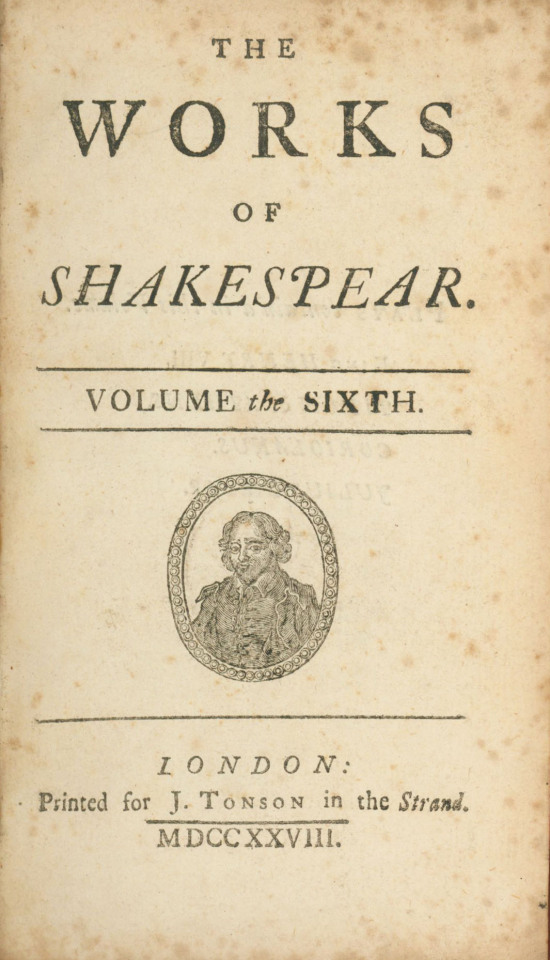
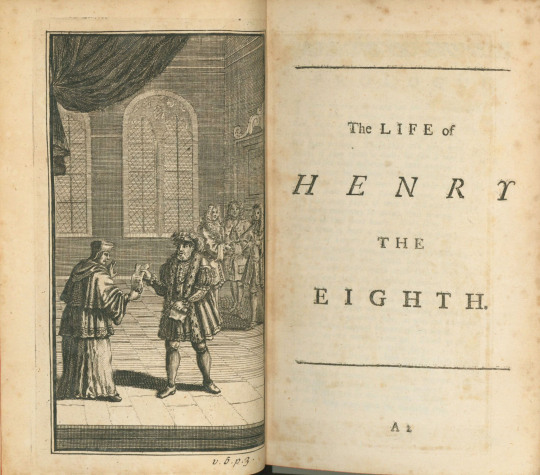

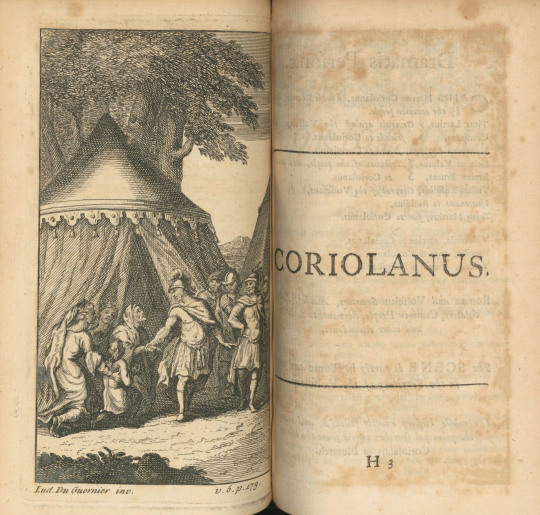

Continuing our synopsis of The works of Mr. William Shakespear: in ten volumes published in 1728 by Alexander Pope (1688-1744) and Dr. George Sewell (d. 1726) for Jacob Tonson (1655-1736), this weekend we look at Volume Six. The volume contains four plays that bounce thematically between historic and tragic, starting with Henry VIII. Based on the life of Henry VIII, the play was written in collaboration with John Fletcher (1579-1625) and is noted for having more stage directions than any other Shakespearean play.
Volume Six continues with Timon of Athens another collaboration written with Thomas Middleton (1580-1627), Coriolanus based on the life of the legendary Roman leader and one of the few Shakespearean plays to ever be banned in modern times, and Julius Caesar with its famous “Et tu? Brute!” popping up in Act 3 Scene 1.

Like Rowe’s earlier collection, scene divisions, stage directions, dramatis personae, and full-page engravings by either French artist Louis Du Guernier (1677-1716) or Englishman Paul Fourdrinier (1698-1758) precede each play.
Pope’s editions of Shakespeare were the first attempted to collate all previous publications. He consulted twenty-seven early quartos restoring passages that had been out of print for almost a century while simultaneously removing about 1,560 lines of material that didn’t appeal to him. Some of those lines were degraded to the bottom of the page with his other editorial notes.
View more Shakespeare Weekend posts.
-Jenna, Special Collections Graduate Intern
#shakespeare weekend#the works of mr. william shakespear in ten volumes#shakespeare#alexander pope#dr. george sewell#jacob tonson#henry viii#john fletcher#timon of athens#thomas middleton#coriolanus#julius caesar#nicholas rowe#louis du guernier#paul fourdrinier
15 notes
·
View notes
Photo

The Two Noble Kinsmen by Douglas Blanchard
#Atari#Atari 2600#John Fletcher#William Shakespeare#The Two Noble Kinsmen#parody#illustration#graphic design#video games#retro gaming#Douglas Blanchard
5 notes
·
View notes
Text

“Elegy as Epithalamium” by John Gould Fletcher
1 note
·
View note
Text
Poem of the Day 15 October 2023
John Fletcher. 1579-1625
Sleep
COME, Sleep, and with thy sweet deceiving
Lock me in delight awhile;
Let some pleasing dreams beguile
All my fancies; that from thence
I may feel an influence
All my powers of care bereaving!
Though but a shadow, but a sliding,
Let me know some little joy!
We that suffer long annoy
Are contented with a thought
Through an idle fancy wrought:
O let my joys have some abiding!
3 notes
·
View notes
